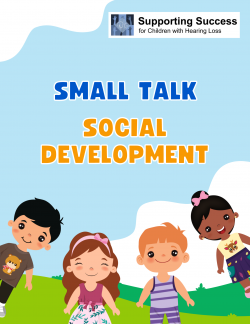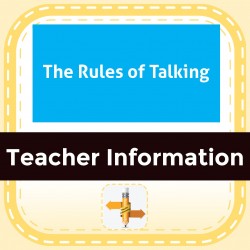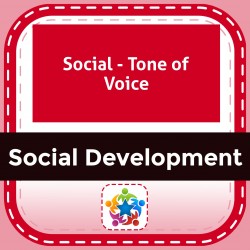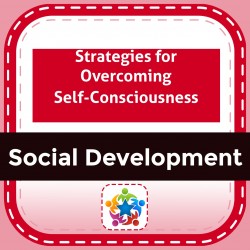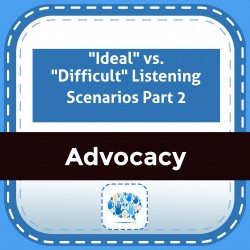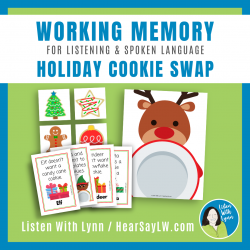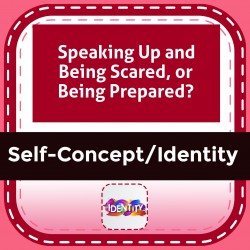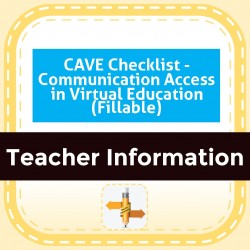Ability Levels
Categories
Resource Types
Age/Grade Range
CCSS
Anchor Standard
Speaking & Listening
Language
Reading
Social - Small Talk
$ 195
Instructional strategies and helpful sheets to teach students the art of "small talk." Includes fillable activity sheets for discussing the weather, conversational turn-taking, and interpreting idiom
...
s.
The Rules of Talking
$ 0
This simple introductory handout describes key factors for families and caregivers pay attention to while developing child language.
Social - Tone of Voice
$ 295
Explains interpretation of communication is based more on tone of voice than vocabulary. Includes instructional strategies and 4 worksheets.
Strategies for Overcoming Self-Consciousness
$ 0
This
article focuses on how adults can help students overcome self-consciousness by
providing specific strategies for guided discussion.
...
Social Skills - Giving Compliments
$ 195
Giving
compliments is an important tool for acquiring more social skills. This
article describes how to explicitly teach giving compliments and includes
basic, intermediate, and advanced
...
activities. It includes 4 fillable
worksheets.
Beyond the Sky’s Limit -PPT
$ 3
NOTE: Powerpoint Presentation for viewing on PCA collection of comic strips revealing troublesome situations for teens with hearing loss. Includes commentary on how each humorous situation might be re
...
resolved.20 more situations and scenarios that mix humor with compassion in negotiating social communication.More antics and advocacy for teens and tweens with hearing loss.
"Ideal" vs. "Difficult" Listening Scenarios Part 2
$ 375
This product contains 15 self-advocacy scenarios for geared to help deaf and hard-of-hearing students. There are both "ideal" listening situations and "difficult" listening situations included in orde
...
r to help students develop self-advocacy and problem solving skills.Read each scenario and ask your student to determine if is an "ideal" listening situation or a "difficult" listening situation. If it is a difficult situation, what can be done to fix it?This product is best used with students who are in upper elementary grades and up. It contains both school-based and community-based scenarios.
Holiday Cookie Swap Game Auditory Memory Descriptive Language
$ 5
Get your kids LISTENING and ENGAGED in this is a FAST-PACED listening and following direction WINTER HOLIDAY GAME. The game challenges auditory processing speed and auditory working memory while targe
...
rgeting critical elements of descriptive language with adjectives and negatives.IDEAL FOR: Listening & Spoken Language, Deaf & Hard of Hearing, Speech Therapy, School Lessons, Auditory Verbal Sessions, ELAPlayers listen to multi-step directions to find cookies that match the descriptions heard. Directions may say to trade cookies, take a cookie or that Reindeer doesn't want a specific shape, color, or type of cookie. It's not as easy as you may think.Playing Cookie Swap helps boost a child’s critical thinking, executive functioning, and communication skills.Designed for 2 to 4 players. Easy adaptable for the number of players and difficulty by sorting out cards to meet the child’s needs and goals. Ages 4 through elementary ages. This game is terrific for kids who are deaf and hard of hearing but great for all kids practicing following directions and auditory processing. Children that are deaf and hard of hearing often struggle to recall longer sentences and remember only part of the information that was said. A child’s capacity to listen, remember and recall impacts their ability to follow complex instructions, understand detailed conversations, and learn new information.EASY ONE TIME GAME PREP Print three cookie platesPrint and cut 24-holiday cookies and 53 direction cardLaminate them if you wish.◈ ◈ ◈ ◈ ◈ ◈ ◈ ◈ ◈ ◈ ◈ ◈ ◈ ◈ ◈ ◈ ◈ ◈ ◈ ◈ ◈ ◈ ◈ ◈ ◈ ◈ ◈ ◈ ◈ ◈ ◈ ◈ ◈ ◈CUSTOMER TIPS:➼ Questions? Feel free to email me before purchasing this resource or anytime later.➼ Sign-up HERE for the Listen With Lynn NewsletterLet’s Connect:InstagramFacebookPinterestHearSayLW.comHearSayLW BlogTwitterKeep up your good work. I am blessed to help along the way. Thanks so much!Lynn
Speaking Up and Being Scared, or Being Prepared?
$ 250
Introductory discussion followed by 4 activities and a post test. Designed to increase student confidence in participating in the classroom and socially.
CAVE Checklist - Communication Access in Virtual Education (Fillable)
$ 1
The CAVE Checklist (Fillable Version) is a self-report checklist is intended to be completed students age 9 and above who are deaf or hard of hearing to identify possible communication access issues t
...
hat may occur during virtual education situations. It is recommended that the CAVE be completed in an interview format with the DHH specialist discussing each situation with the student. Students read 10 questions related to accessing communication in online learning situations and rate them from Always Easy to Always Difficult, or Doesn't Happen. A total score can be obtained. Not every situation will apply to every student. Situations indicating appropriate access will receive scores of 4 or 5. Items scoring 1, 2, 3, need to be addressed for appropriate access needs. The 10 questions are followed by a list in which the student identifies what he or she thinks helps most during online learning.
 Your browser is out of date. For best experience switch to latest updated Browser.
Your browser is out of date. For best experience switch to latest updated Browser.
 Get Chrome
Get Chrome Get Edge
Get Edge Get Firefox
Get Firefox